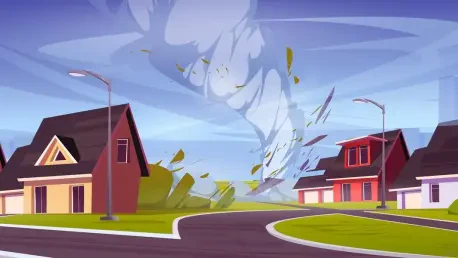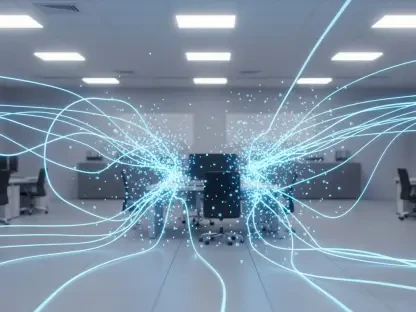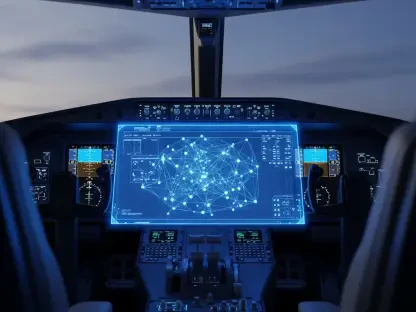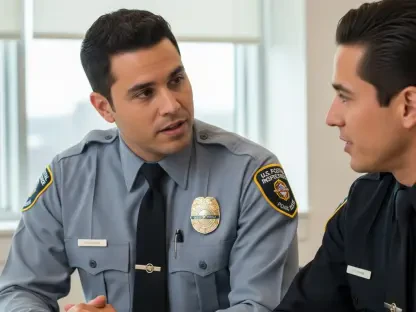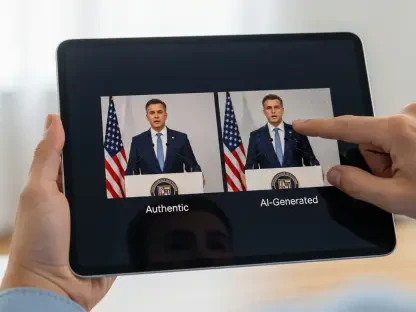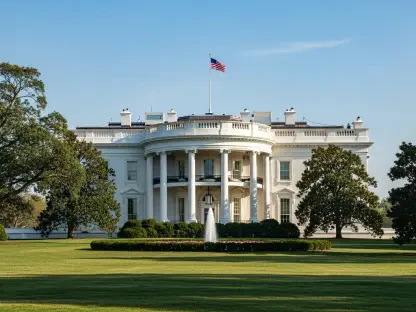As we mark the 20th anniversary of Hurricane Katrina, a disaster that reshaped countless lives and exposed critical gaps in public safety communications, I’m thrilled to sit down with Kelley Adley, a seasoned first responder who was on the ground in New Orleans during those harrowing days. Now a key member of the FirstNet Response Operations Group, Kelley brings a wealth of experience from his time as a police officer deployed from Texas to secure vital infrastructure amidst the chaos. In this interview, we dive into the personal toll of working in a devastated city, the communication breakdowns that hindered rescue and recovery efforts, the evolution of mutual aid among agencies, and the transformative impact of dedicated networks for emergency responders, reflecting on how far we’ve come since 2005.
What stands out most in your memory from your deployment to New Orleans after Hurricane Katrina?
Honestly, it’s the smell that hits me even now, 20 years later. It was like death lingered in the air. I was there to guard a switching center, and by the time we arrived, people had been without power for weeks. Spoiled food, especially meat, was piled up on curbs because there was no trash pickup. It was a constant reminder of the desperation all around us. Beyond that, the eerie quiet of a city underwater, with no real signs of normal life, just stuck with me. It felt like we were in a different world.
How did the harsh conditions, like the lack of power, impact your ability to carry out your duties?
The conditions made everything ten times harder. No power meant no lights, no cooling, and no way to recharge anything unless you had a generator, which we didn’t always have access to. We were living at the switching center for two weeks, and the heat and humidity were brutal. It wore you down physically and mentally. Simple tasks, like staying alert during long shifts, became a grind because you were just exhausted from the environment. It really tested your endurance as a responder.
Can you share some of the biggest communication hurdles you faced while in New Orleans?
Communication was a nightmare. The public safety radio networks were either down or so limited that we couldn’t connect with anyone in the city. I couldn’t talk to local officers or other responders nearby. To reach my agency or family back in Texas, I had to rely on a flip phone, and even that was spotty with the major networks overloaded or damaged. We were basically cut off, which made coordinating anything nearly impossible. You felt isolated in a way that’s hard to describe.
What was it like enforcing the law as an out-of-state officer in a city reeling from such a disaster?
It was incredibly challenging. You’re in a place that’s not your home, with people who are suffering beyond imagination, and you’re trying to maintain some kind of order. There was a lot of tension because locals didn’t always know who we were or why we were there. We had to carry letters from the state to prove we were law enforcement, especially during curfew hours, to avoid misunderstandings with local authorities. It felt like desperate times, and honestly, we were on our own most of the time. If something went wrong, help wasn’t guaranteed.
Can you explain the concept of mutual aid and how it played a role during Katrina?
Mutual aid is when public safety agencies from different areas support each other during major crises, and back in 2005, it wasn’t as common as it is now. After Katrina, states started asking for help from outside their borders because local resources were completely overwhelmed. For us coming from Texas, it meant stepping into a situation we weren’t fully prepared for, culturally or logistically. But it was a necessity—New Orleans needed bodies on the ground, and we were there to fill that gap. It was a learning curve for everyone involved and really paved the way for how mutual aid is handled today.
How do the communication struggles during Katrina compare to what you’ve learned about other major disasters like 9/11?
There were a lot of similarities. Both Katrina and 9/11 exposed how fragile our communication systems were when disaster struck. During 9/11, I heard stories of first responders in New York and at the Pentagon who couldn’t stay in touch because phone networks were jammed with everyone trying to call loved ones. In New Orleans, it was the same kind of overload, plus the physical destruction of infrastructure. Both events showed that without a dedicated, reliable way to communicate, responders can’t do their jobs effectively. It was a wake-up call for the whole country.
What role did disasters like Katrina and 9/11 play in the push for a dedicated first responder network?
Those events were the driving force behind creating something like FirstNet. The breakdowns in communication during 9/11 led to recommendations from the 9-11 Commission for a dedicated network just for public safety. Then Katrina came along and hammered home the same point—when networks go down or get overwhelmed, responders are left in the dark. It took years of advocacy, but by 2012, Congress finally authorized the First Responder Network Authority. It was about making sure we’d never be stranded without a lifeline again, no matter the scale of the disaster.
Can you tell us about your current work with the FirstNet Response Operations Group and its mission?
I’m part of a 21-person team called the Response Operations Group, or ROG, under FirstNet. Our mission is to deploy rapidly to disaster zones or major events and set up communication support for first responders. We bring satellite equipment and other tools to ensure they can talk to each other and coordinate, even if local networks are down. I’ve been to recent floods in Texas and hurricanes like Helene, and we also support big events like the Super Bowl. It’s about being the first line of defense for communication, making sure responders aren’t cut off like I was in New Orleans.
Looking ahead, what is your forecast for the future of public safety communications?
I think we’re on a strong path, but there’s still work to do. FirstNet has expanded coverage massively since it started, and the technology keeps getting better. My hope is that Congress reauthorizes the FirstNet Authority before it sunsets in 2027, and ideally, they’ll remove any future expiration date to ensure stability. I see a future where every responder, no matter where they are, has seamless, reliable communication during a crisis. We’ve come a long way since Katrina, but we can’t afford to let up. The next disaster is always around the corner, and we need to be ready.
